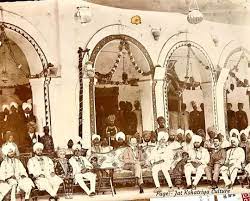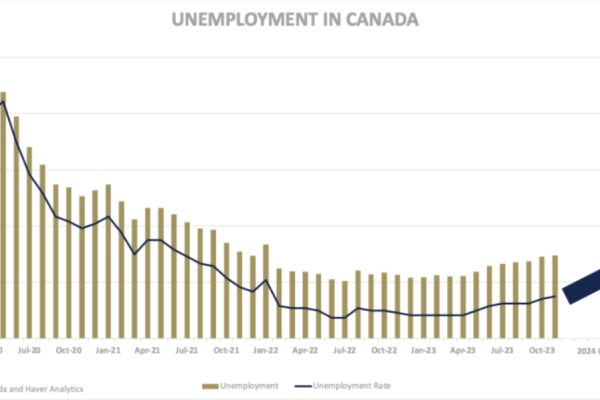
Understanding Women’s Health: Insights from “Everywoman: A Gynaecological Guide for Life” by Derek Llewellyn-Jones
“Everywoman: A Gynaecological Guide for Life” by Derek Llewellyn-Jones is an essential resource that meticulously navigates the journey of womanhood from puberty to menopause. It offers a comprehensive exploration of female reproductive anatomy, the menstrual cycle, and various contraceptive methods. The book delves into pregnancy, childbirth, and postpartum care, providing valuable insights into common gynecological conditions like vaginal infections, STIs, menstrual disorders, PCOS, and endometriosis. With practical advice on managing menopausal symptoms and maintaining postmenopausal health, Llewellyn-Jones empowers women with the knowledge to understand and take control of their reproductive health, making it a trusted guide for women at every stage of life.





















